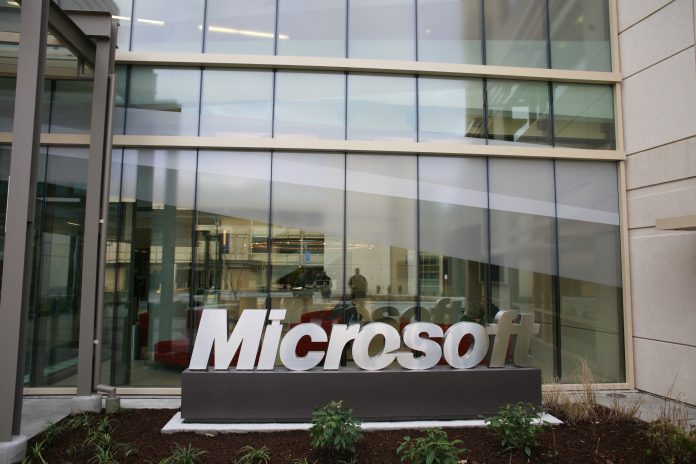Microsoft recently showcased the bot’s full Duplex capabilities, which allow it to make phonecalls to users. Breakthroughs in conversational AI also lets it speak in a natural fashion, rather than just simple commands. With this collaboration, the company will be more active in one of the world’s fastest growing AI markets, and hopes to help foster innovation.
“As the global and Chinese AI market keeps evolving it’s very important to have a global perspective,” Microsoft Executive Vice President Harry Shum said at Microsoft AI Innovate on Monday. “We hope we can democratize AI.”
Project Brainwave
Shum also showcased the company’s AI chip system, Project Brainwave. The system uses FPGA chips to allow for leaps foward in cloud-based deep learning performance. At Ignite 2016, the public got a powerful preview of the chips when Microsoft translated three billion words in a tenth of a second. However, its platform with universities will focus on creating an open-AI platform. It will join with Peking University, the University of Science and Technology of China, and Xi’an Jiaotong University and Zhejiang University. Students and lecturers will gain access to considerable AI tools, infrastructure, and datasets to advance their research. “China is a most dynamic market where more than 400,000 software developers are using Microsoft’s platforms and technologies to create applications,” explains Shum. “More importantly, 100,000 of them work with our AI-enabled tools. By having extended cooperation with China, we hope to find new opportunities in the country.”




